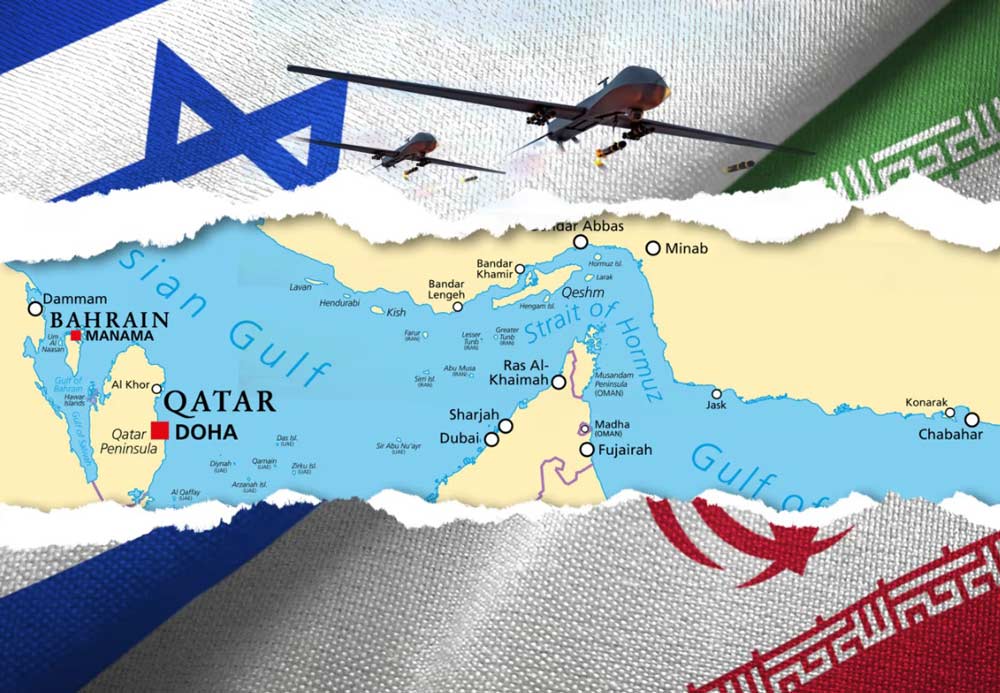U.S. crude oil futures are holding steady near five-month highs as geopolitical tensions in the Middle East continue to escalate. President Donald Trump is reportedly weighing the possibility of joining Israel’s air campaign against Iran’s nuclear facilities, a decision that could further roil global energy markets.
On Wednesday, U.S. crude oil futures rose 12 cents to $74.96 per barrel, while Brent crude, the global benchmark, edged up 5 cents to $76.50 per barrel. This comes on the heels of a 4% spike in prices on Tuesday after President Trump issued a strong warning to Iran’s Supreme Leader, Ayatollah Ali Khamenei, demanding the regime’s unconditional surrender.
Mounting Tensions in the Middle East
The sharp rise in oil prices reflects mounting fears over the potential for broader conflict in the Middle East, a region that plays a critical role in the global oil supply chain. Israel began targeting Iran’s nuclear and ballistic missile facilities last Friday, and oil prices have surged approximately 10% since the strikes began.
While Trump has yet to announce a decision, sources within the administration told NBC News that military action is one of several options being considered. The president met with his national security advisors in the White House Situation Room on Tuesday to discuss potential responses.
Iran has responded defiantly, with Khamenei warning the United States on Wednesday that any participation in Israel’s campaign would result in “irreparable damage.” The Strait of Hormuz, a vital choke point through which about 20% of the world’s oil passes, remains a focal point of concern. Analysts fear that any move by Iran to disrupt shipping in the strait could send oil prices skyrocketing further.
Market Implications
The ongoing uncertainty is fueling volatility in energy markets. Investors and analysts are closely monitoring the situation, with many speculating on how oil prices might react to further escalations.
“This kind of geopolitical risk premium is exactly what drives oil markets into overdrive,” said Katie Stockton, a leading energy market analyst. “The longer this conflict persists, the higher the likelihood of significant price spikes.”
Some experts are drawing parallels to past Middle Eastern conflicts to predict how prices might move. Others are exploring strategies to profit from the volatility, including options trading and energy stock investments.
Broader Economic Impact
Higher oil prices could have widespread implications for global economies, with increased costs for transportation, manufacturing, and consumer goods. Central banks, already grappling with inflationary pressures, may face additional challenges if energy prices remain elevated.
As the world waits for President Trump’s next move, the situation remains highly fluid. Energy markets, policymakers, and global leaders are bracing for what could be a pivotal moment in Middle Eastern and global geopolitics.









